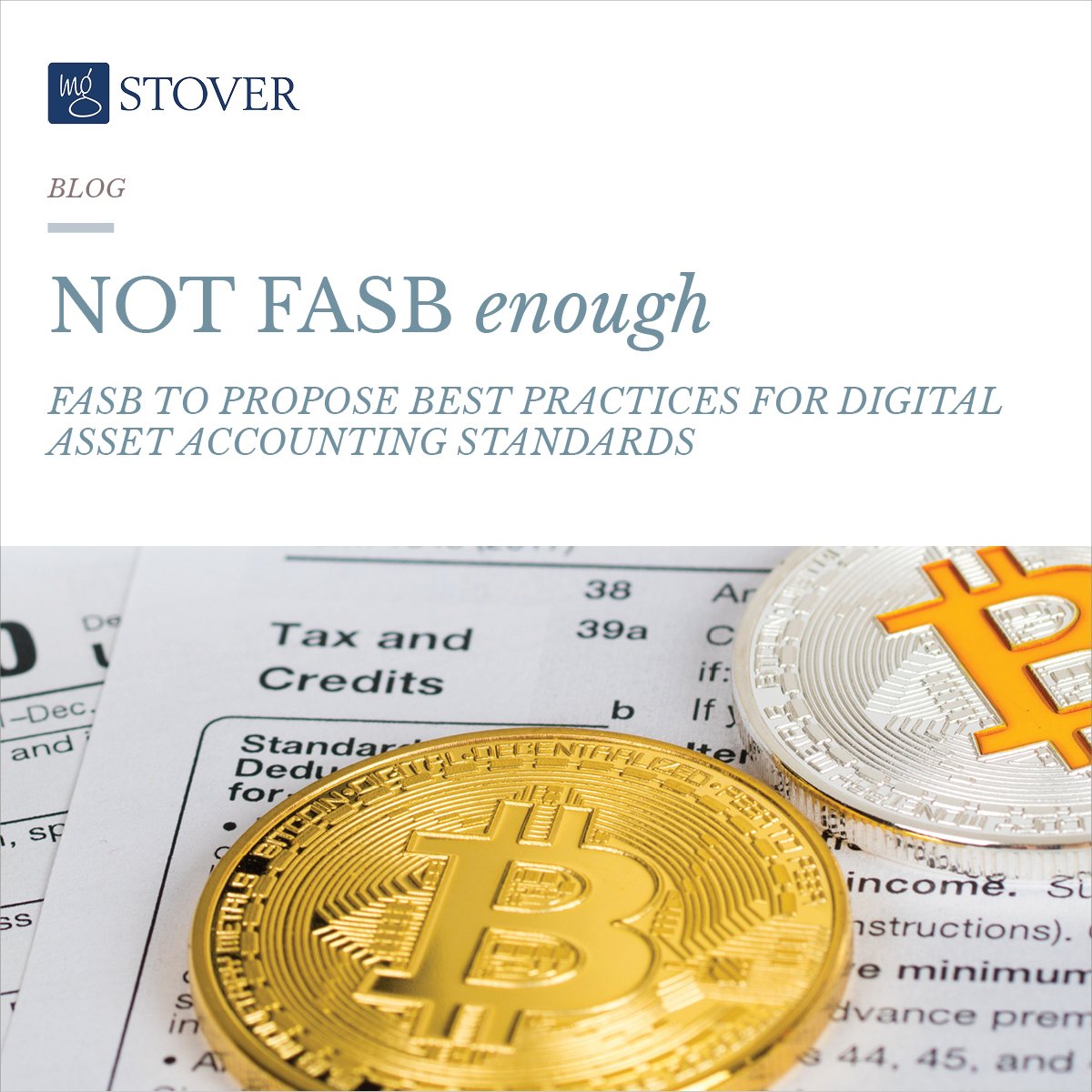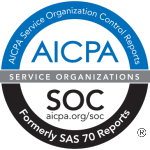Not FASB enough: FASB to propose best practices for digital asset accounting standards

Matthew Stover, President, MG Stover
In October 2022, the Financial Accounting Standards Board (FASB) voted to require companies to measurecrypto assets at fair value. This at last reflects some of the best practice in reporting and auditing that has
been championed by digital asset fund administrator MG Stover, a subsidiary of PolySign, in servicing the
institutional space over much of the past decade.
Fair value is a logical treatment for the maturing landscape of crypto assets, but the decision has been a
long time coming. The rapid development of the technology outpaced regulators and caused conflict
between the requirements of Generally Accepted Accounting Practice (GAAP) and the need for companies
to understand the fair value of assets that they held in custody.
A square peg in a round hole
Just 14 years ago a new type of asset was conceived and created. Following a brief period as a tech novelty,
Bitcoin began to gain ground as a digital store of value, and soon after, more cryptocurrencies followed.
Naturally the world of finance sat up and took notice.
Seeking to define Bitcoin and its peers within the existing constructs of accounting and financial reporting,
the powers that be seized upon its nature as a non-physical asset. Depending on the location, regulators
had differing opinions and different reporting standards. International policymakers suggested that this
should be accounted for under IAS 38.
International Accounting Standard (IAS) 38 is concerned with the valuation of assets that are non-physical
(intangible), but also non-monetary. Generally, these include things like intellectual property and brands,
assets that are not liquid and will decline in value over time. But Bitcoin and other crypto assets are liquid
and volatile, and treating them under IAS 38 immediately threw up a new challenge: how can you say that
the accounts reflect fair value if crypto assets held by a company cannot be accounted for at market rate?
A balancing act in reporting
This conflict between fair value accounting and GAAP has caused headaches not only for banks and
institutions active in the crypto space but for auditors who are responsible for ensuring compliance in
finance reporting. MG Stover started working on this delicate balancing act in 2014, but the potential risks
in navigating conflicting positions held many other audit firms back from servicing clients who needed to
account for their crypto assets.
Despite the reluctance of some accounting firms to engage, the demand for professional support continues
to rise. Large traditional and established funds are exploring the potential of crypto assets and need to
satisfy regulators in different arenas. Smaller businesses are also finding themselves exposed to new
regulatory requirements. Investment advisors with $150 million or more of private fund assets under
management must register with the Securities and Exchange Commission (SEC). The volatility of
cryptocurrencies means that many of these smaller funds can find themselves crossing the registration
threshold far sooner than their business model or prior experience might suggest.
MG Stover recognized that their growing portfolio of fund clients would benefit from a nuanced, tailored
approach to the complex reporting problem, helping funds to stay on the right side of regulators.
Meeting challenges
Achieving a best practice reporting environment in this fast-moving industry has to take into account
investment regulation, day-to-day decision making, financial reporting standards, and fair value accounting.
Crypto asset activity is subject to a complex and rapidly changing regulatory environment. The SEC is just
one of the national regulators struggling to protect consumers who are engaging with a global industry
beyond their usual jurisdiction. It is vital to have access to up-to-date expertise on their requirements.
For day-to-day investment decision making, pricing services for digital asset funds have to be at market
value. This means it is essential to recognize gains and losses, particularly in highly volatile markets and
during bull and bear events, for internal purposes. This operational best practice of fair value accounting
has been championed by MG Stover, while ensuring that filed financial statements adhere to GAAP.
The FASB’s unanimous vote to require fair value reporting has set in motion a welcome revision. This
initiative is a small step for a more inclusive representation of digital assets within financial statement
reporting and will support the ability to reflect a better measure of an entity's value as of the balance sheet
date.
But don’t hold your breath, even this plan was hit with a major blow after the fallout from the whole FTX
debacle. The proposed solution doesn’t incorporate or consider the complexities of tokens, especially
platform designated native tokens and their various use cases. The limitless applications of these native
tokens only spark more questions around the proper accounting treatment. FASB plans to exclude non-
fungible tokens and stablecoins from the coming guidance and hasn’t commented on scoping out tokens
made or held by a platform or creator of tokens. There is still some way to go before this is implemented
but it is on its way.
FASB aims to issue their proposal in the first half of 2023. MG Stover recognizes that the regulatory
landscape never stands still. We are constantly looking to support our clients’ operations and reporting
needs, keeping them informed and up to date on the latest news as they walk the tightrope of digital asset
accounting.
HEADQUARTERS
1401 17th Street
Suite 1225
Denver, CO 80202
OTHER SERVICE LOCATIONS
Chicago
New York
Seattle
Philippines
Nova Scotia, CAN


